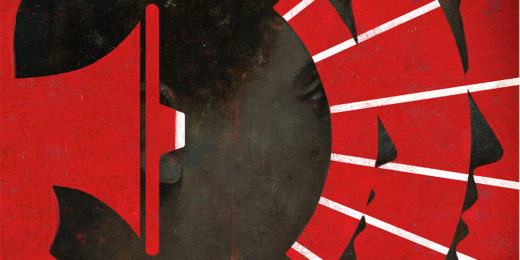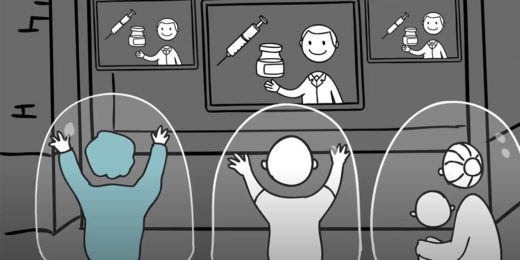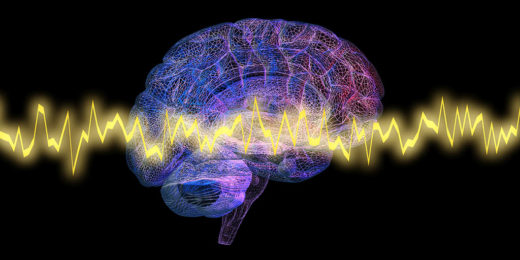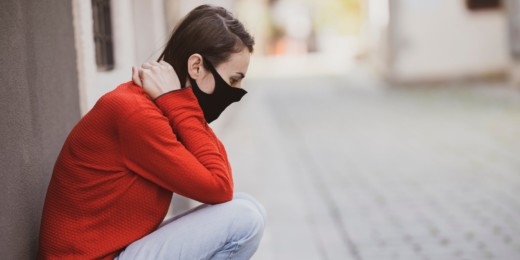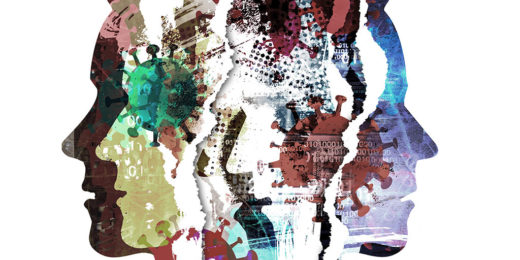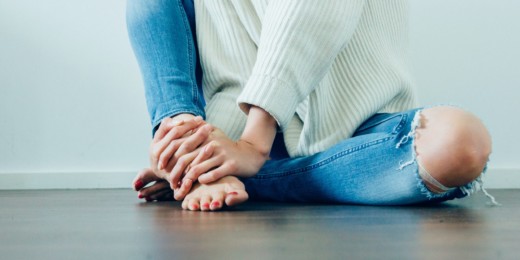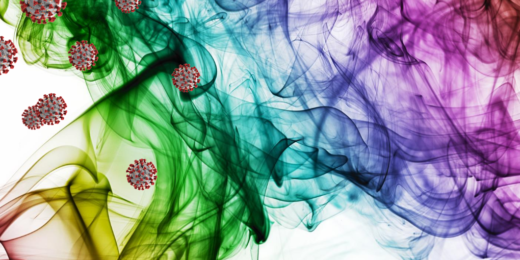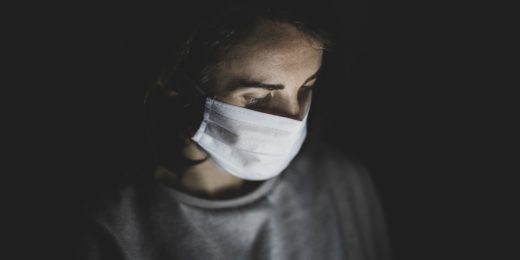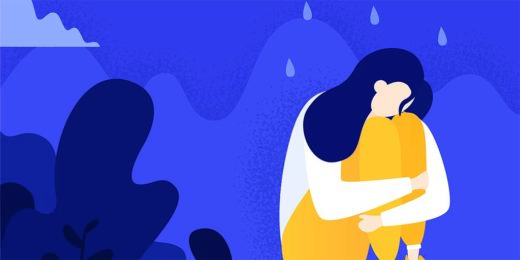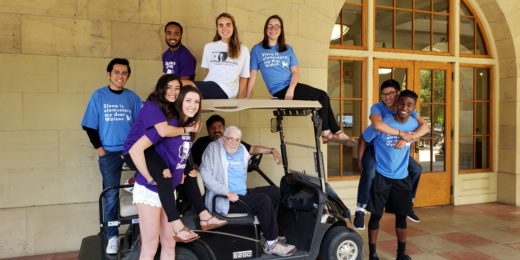Stanford researcher finds that inpatient psychiatric care helps long-term recovery rates for people with both mental illness and addiction.
Category: Psychiatry & Mental Health
Weathering the mental health strains of a global pandemic
More than a third of U.S. adults have had symptoms of anxiety and depression during the global pandemic, so Stanford experts are figuring out how to help.
The power of animation: Two videos offer messages of hope during the pandemic
Two animated videos from Stanford Medicine aim to help people around the world who are struggling to cope during the COVID-19 pandemic.
How brain-wave data can refine psychiatric treatment choices
Brain wave data identifies two psychiatric subtypes and can predict best treatments for PTSD and depression, Stanford research shows.
How stress affects your brain and how to reverse it
Stress in 2020 seems worse than ever. Stanford's Andrew Huberman discusses ways to reduce stress, such as different breathing patterns.
Meditation can counter mental stress on college campuses, experts say
Practicing meditation can alleviate mental stress and anxiety on college campuses, especially during the pandemic, Stanford experts say.
Study ties teens’ COVID-19 resilience to their ability to navigate life
Stanford research shows that teens who are good at navigating life are less likely to experience anxiety and depression related to COVID-19.
Body image: ‘We can have a full, meaningful life in the bodies we have.’
Body image is a key part of well-being, yet many of us have a conflicted relationship with our bodies. A Stanford Medicine psychologist offers guidance.
Animated video helps kids weather the COVID-19 pandemic
A Stanford Medicine educator worked on an animated video that helps children manage feelings of loneliness during the global COVID-19 pandemic.
Investigating COVID-19’s impact on LGBTQ+ health
More data on LGBTQ+ health is key — not only for understanding the effects of COVID-19, but also to improve overall health, says a Stanford researcher.
How the pandemic is affecting people struggling with addiction
The pandemic has been what one Stanford psychiatrist called “a mixed bag” for people with addiction issues; some find fewer triggers, others face more.
Message to family caregivers: There’s help, even during COVID-19
Experts from the Stanford Caregiver Center offer help for people doing the sometimes overwhelming work of caring for ill or vulnerable loved ones.
AI predicts effective depression treatment based on brainwave patterns
Tracking brainwave patterns and symptoms in patients with depression, researchers used artificial intelligence to predict best treatment options.
Risk of suicide is much higher among handgun owners, study says
A comprehensive Stanford study of data on California gun sales and first-time gun owners shows a link between suicides and handgun ownership.
Remembering William Dement: Squirt guns, a golf cart and an unforgettable spirit
Known as the “father of sleep medicine,” long-time Stanford Medicine faculty member William Dement is remembered for his charm, quirkiness and generosity.
Setting your biological clock, reducing stress while sheltering in place
Going outside soon after waking — rather than hopping directly onto a video call — will help you sleep better, says a Stanford vision researcher.



